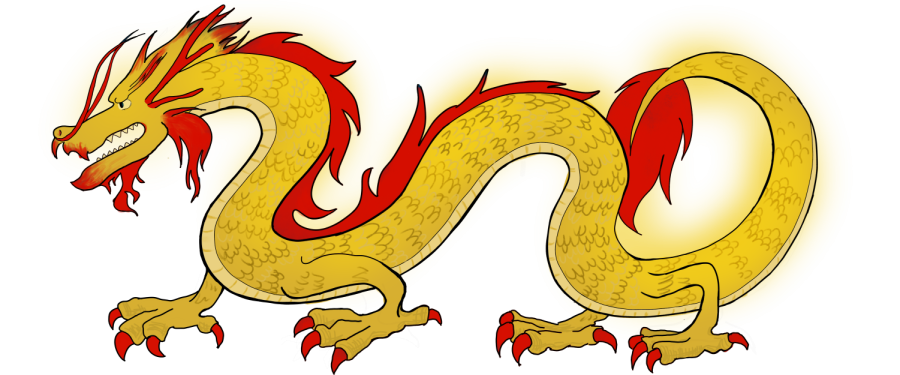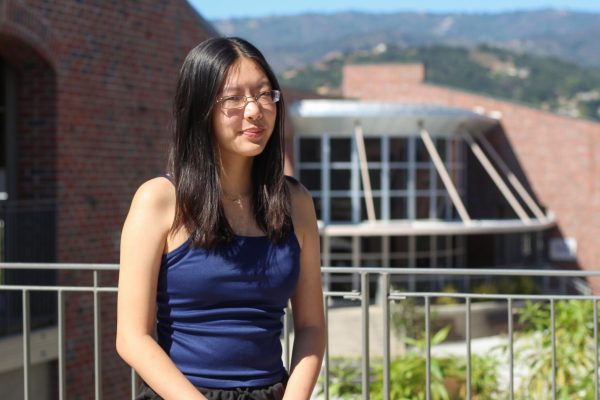Celebrating the new year
Students and staff share which “new year” holiday they prefer
Community members’ favorite holidays are influenced by both their traditions and their cultures.
February 9, 2022
On Jan. 1, as the clock strikes midnight, signaling a new year, various families commemorate the evening with New Year’s parties. But New Year’s isn’t the only holiday centered around the arrival of a new season, since this year on Feb. 1, many East Asian American students welcome a fresh start to their year by celebrating Lunar New Year. While both New Year and Lunar New Year welcome the arrival of a new season, each holiday has its own unique traditions.
Junior Arianna Tan says that in terms of cultural traditions her family follows, the celebration of Lunar New Year is more significant than the celebration of New Year’s. During Lunar New Year, her family follows customs such as the gifting of “hong-bao,” red envelopes that contain money, to children.
Tan shares that she doesn’t enjoy New Year’s celebrations as much as her East Asian traditions because while everybody else stays up to watch the clock count down to zero, she just “really wants to sleep.”

On the other hand, sophomore Jayden Lim is more inclined towards New Year’s, because besides there being a break from school during the holiday, Lim also appreciates the overall atmosphere during the celebrations.
“I love the energy of the holiday,” Lim said. “The adults play Mahjong or they like to watch football or just chat. But us kids like to play board games because it’s something that we’ve always done, whether it’s Monopoly or Clue or [something else].”
Lim mentions that one reason he prefers New Year’s is that he is not enthusiastic at the prospect of one day having to give red envelopes to kids in the family, which is a long-standing Lunar New Year custom. However, Lim notes that he still enjoys putting up “fake red lanterns and all these fun little decorations” during Lunar New Year, as it is a holiday that his parents have celebrated since they were children and thus a holiday that is important to his family.
AP Chinese teacher I-Chu Chang puts more effort into celebrating Lunar New Year compared to New Year’s, as many of her fondest memories are connected to her Lunar New Year celebrations when she was a child.
“My parents would always make a big feast on this day — we needed to have fish, rice cakes, a whole chicken and taro soup,” Chang said. “And I really liked the soup because my mom only made it during this time … [Lunar] New Year was a special time for me.”
Having experienced Lunar New Year in both Taiwan and the U.S., Chang notes that celebrating Lunar New Year “isn’t as fun” in Cupertino because she believes that people are overall less excited about the holiday, as the majority of her family who she celebrates the holiday with lives in Taiwan.
Lim agrees that the Lunar New Year celebrations in the U.S. are less elaborate than the ones in Asia. However, he attributes his excitement for both of these holidays not to which holiday or where he is celebrating, but rather the people he is celebrating it with.
“When you’re celebrating these holidays, it’ll be more festive [depending on] where you are and which country [you’re in],” Lim said. “But [no matter] what holiday you’re celebrating, it’s more about family than where you live.”




























